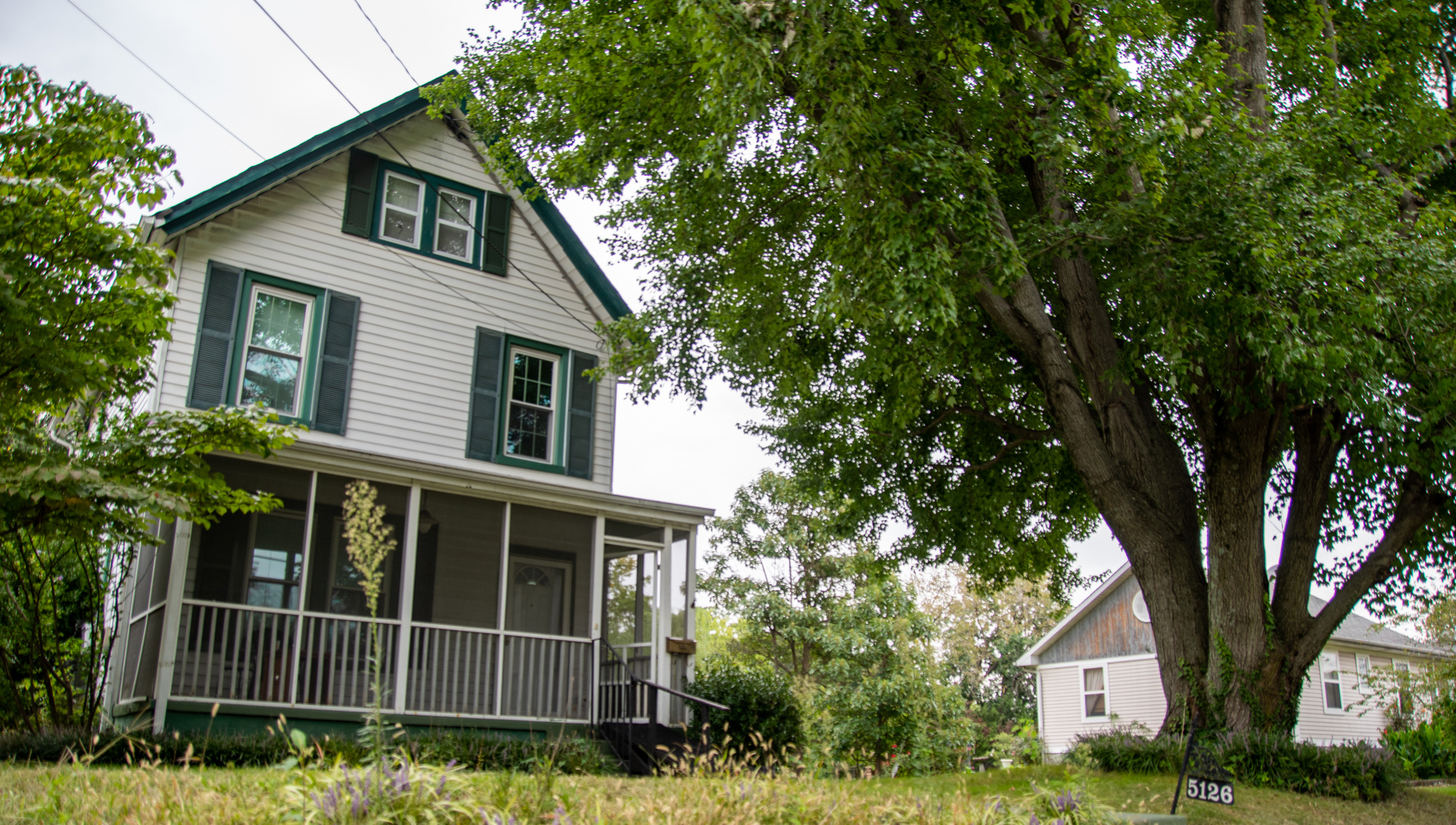Three Lakeland homes will be considered for Prince George’s County historic site designation — an effort one family hopes could help preserve their community from further erasure.
Generations of the Gross family, who have lived in Lakeland since the early 1900s, have petitioned local governments to preserve Lakeland. Maxine Gross, who chairs the College Park Restorative Justice Commission, owns the three homes under consideration. Her twin sister Delphine Gross co-owns two of the properties.
The Prince George’s County planning board approved the request for the three homes’ historic site status during an April 11 meeting. The county council is expected to make a decision on the designation by the end of June, according to Maxine Gross, who is also the president of the Lakeland Community Heritage Project.
Lakeland is a historic African American community in College Park established in the 20th century. About two-thirds of the community was decimated in the 1970s by an urban renewal movement. The movement pushed Lakelanders out of their homes and replaced the homes with other buildings, such as student apartments and townhomes, which few displaced Lakelanders could return to, The Diamondback previously reported.
The historic status designation would honor Lakeland’s past and preserve the community’s future, the Gross sisters said.
The designation would prevent the homes from being purchased and destroyed like previous Lakeland buildings, Maxine Gross said. Planners and local historical societies would also likely be discouraged from placing buildings that would alter the community, such as apartment buildings, near the historic homes, she added.
“We want to not just hold on to the places, the memories, but also the community and to try to regrow that community as a home for families,” Delphine Gross said.
[Prince George’s County leaders tout potential new hospital, women’s health center]
Maxine Gross previously looked into securing historic district designation for the entire Lakeland neighborhood, she said. But, in 2008, county officials determined that Lakeland could not be a historic district because of how much the community was destroyed during urban renewal.
“You did something to us and that diminished our value, and because we diminished your value, then we’re not worthy of recognition?” Maxine Gross said.
Despite the decision, Maxine Gross continued to talk with county officials and realized that even if historical status for the entire community was not possible, individual properties were still on the table.
Her family homes, Maxine Gross said, can be used to share the stories of urban renewal and segregation.
The oldest of the three houses — the Nancy Tabbs House — was built in 1935 by architect Romulus Archer, Jr., the second African American licensed architect in Washington, D.C., according to a March 12 presentation during a joint meeting between the Prince George’s County planning board and county council. Nancy Tabbs, a distant relative of the Gross sisters who lived in Lakeland from the early 1900s, owned the house.
The Elwood and Wilmer Gross House, the home of Maxine and Delphine Gross’ parents, was built in 1962 — three years after the twin sisters were born. Their father, Elwood Gross, built the house with other community members, Delphine Gross said.
Elwood Gross served as a liaison for the Lakeland community during its urban renewal, the March presentation said. As urban renewal continued, Elwood Gross saw how the project strayed from the community’s vision and into a wide-scale displacement event, according to the presentation.
[National Archives unveils new digitization center in College Park]
Then, in 1970, the George Henry and Agnes Gross House was built after George Henry Gross Jr. and Agnes Gross, the Maxine and Delphine Gross’ grandparents, were pushed out of their original home due to the construction of Paint Branch Elementary School, the presentation said.
The grandparents wanted the new desegregated school’s construction in Lakeland, fearing that local students would be in danger if they were forced to attend schools in white neighborhoods, Maxine Gross said.
The school’s construction caused the Gross family and two others to lose their homes, despite other undeveloped land being available in the neighborhood, according to the presentation.
Thomas Gross, who serves as the Prince George’s County planning department’s historic preservation commission supervisor and is unrelated to Maxine Gross’ family, thanked the Gross sisters for bringing their family’s stories to the office’s attention during the March 12 meeting.
“It’s a story that’s part of a larger community narrative that has been under-acknowledged by the formal processes of historic preservation,” Thomas Gross said. “We are grateful if we can play a small role in correcting that.”
District 3 county council member Eric Olson, who represents Lakeland, said urban renewal’s impact on the community was a “travesty.”
“A lot of people probably don’t know the story of Lakeland,” Olson said during the March 12 public hearing. “We do owe it to Lakeland to do everything we can to work toward restorative justice.”
The twins hope that if their application is successful, other Lakeland residents will place their homes and other buildings up for historical designation consideration, including Lakeland’s Embry AME Church.
“As we lose generations, we lose the stories, but it would be nice to preserve the stories of those who built and lived in the community and to celebrate their accomplishments,” Delphine Gross said.



